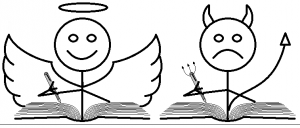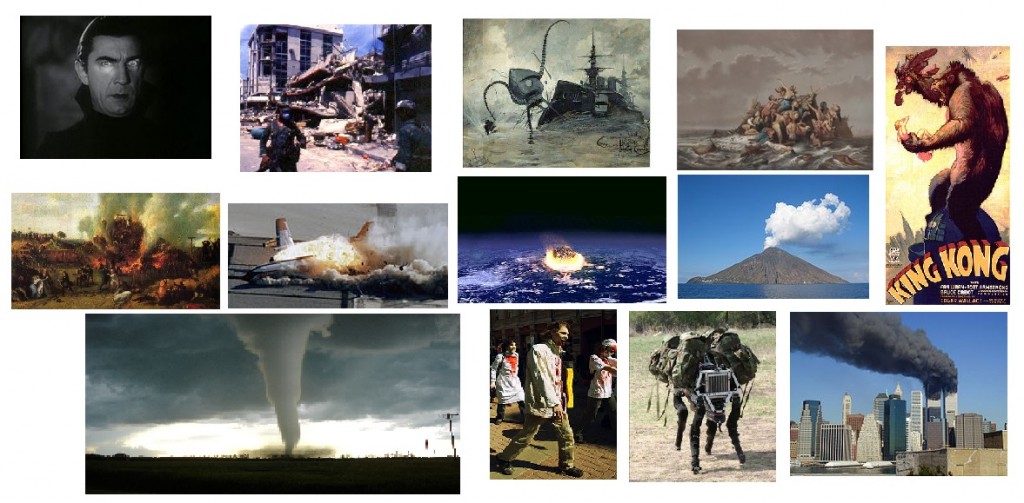Admission: I’ve never watched even one episode of the ‘Game of Thrones’ TV show, nor read even one of the novels in the series by George R. R. Martin. Still, my lack of authority on that (or any) subject won’t stop me from weighing in.

As an author of short stories, I felt stunned to read about the amount of viewer backlash against the screenwriters of the show with regard to the last episode, and the entire last season. Over 1.6 million people have signed a petition challenging HBO to hire competent writers and re-write the final season.
What struck me was the intensity of the fury and the resulting call to action. As far as I know, it’s unprecedented. It seems to me most people could rattle off the names of ten or more living novelists, but how many could name even one screenwriter? Yet millions of viewers vented their ire against the GoT showrunners, whose names figure prominently in the petition.
I wondered how I’d feel if thousands of readers demanded that a more competent author rewrite one or more of my stories.
Without getting into any specifics about the GoT TV series or book series, (since I can’t), it seems to me that two factors combined to channel viewer anger into a petition:
- The rise of a social media forum where millions of viewers and readers can discuss all aspects of books and TV shows; and
- The fact that TV shows broadcast, and are viewed, at specific times.
The first point provides a meeting place for ideas, where emotions can feed on each other. The second point focuses the reactions within a small slice of time. Viewers all watch the TV show simultaneously, not in the staggered way readers read novels.
Are we entering a new era? Will such petitions become more common? Will the practice spread beyond anger over TV shows to books?
Some say the opposite, that GoT represents the ending of widely-shared entertainment.
I doubt that. Twitter and Facebook are a new form of water cooler, around which millions can gather at once and add their opinions. I believe we will see future instances like the GoT petition, where viewers concentrate their displeasure (or admiration) on screenwriters.
As for whether book readers will someday make similar demands of authors, I don’t know. To answer my earlier question about how I’d feel if 1.6 million readers documented their rage over one of my stories and demanded a re-write by a better author, I can’t say I’d be happy about it.
Still, it would be nice to have that many readers in the first place. Perhaps one day you’ll see, sitting uncomfortably upon a throne of pens—
Poseidon’s Scribe

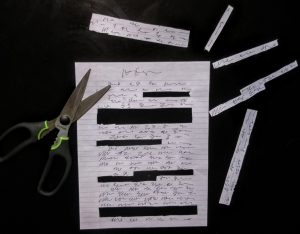 Allow me to define what I mean by censorship. It’s the deliberate alteration of text, without the author’s permission, to make the story less offensive to the censor. This is not what a normal editor does. Editors collaborate with authors to correct errors, to make the book as good as it can be.
Allow me to define what I mean by censorship. It’s the deliberate alteration of text, without the author’s permission, to make the story less offensive to the censor. This is not what a normal editor does. Editors collaborate with authors to correct errors, to make the book as good as it can be.
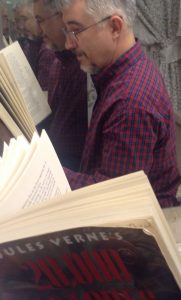 With Dr. Carl Sagan’s help, I’ve
With Dr. Carl Sagan’s help, I’ve  If you aim to be a writer, able to write convincing tales about characters who are unlike yourself, you must first understand the person from whom these characters will spring.
If you aim to be a writer, able to write convincing tales about characters who are unlike yourself, you must first understand the person from whom these characters will spring.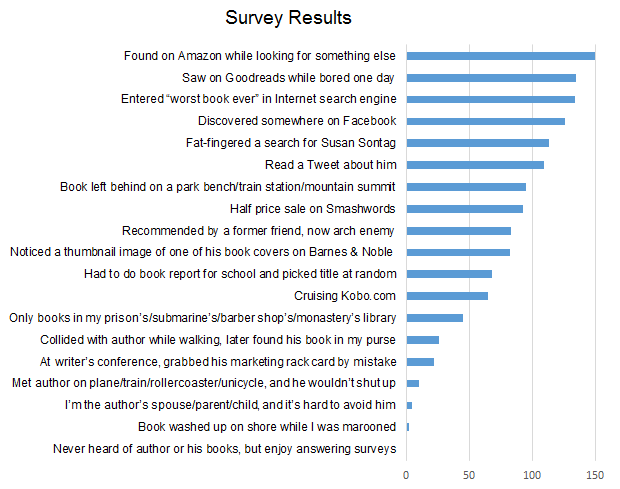
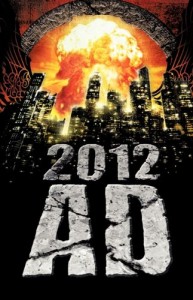

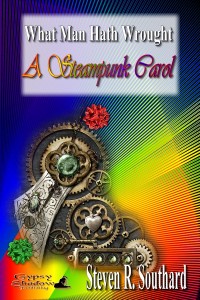
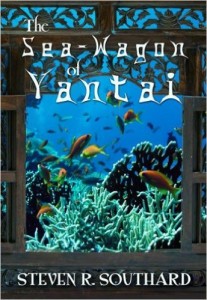
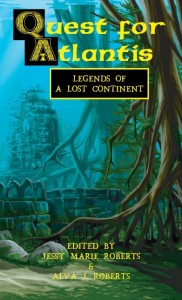
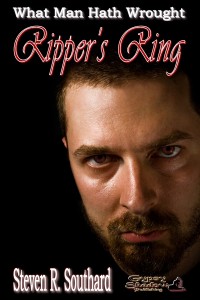
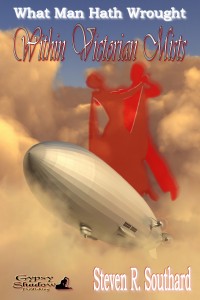
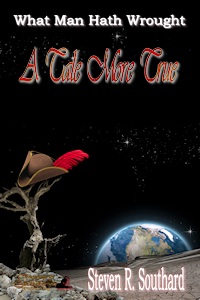
![Pageflex Persona [document: PRS0000039_00001]](https://stevenrsouthard.com/wp-content/uploads/2015/10/HidesTheDarkTower-DigitalCover-FINAL2-200x300.jpg)


